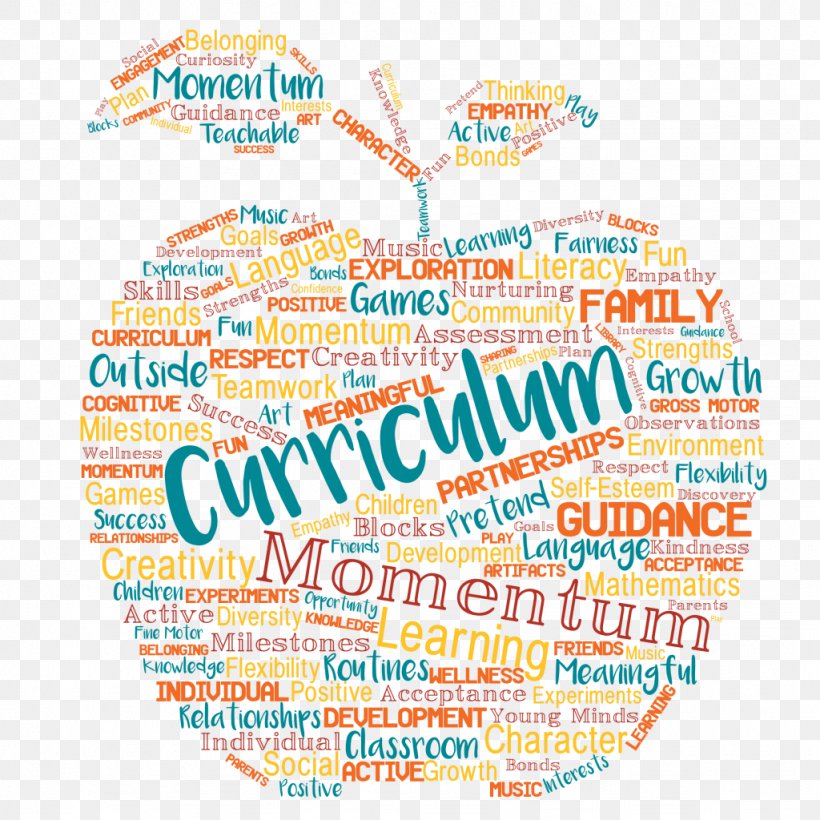
The educational curriculum of Ethiopia has not been national oriented, in light of indigenous knowledge and wisdoms. It has been forcing the talented generation flee the country as a form of brain drain, so said a scholar in the field.
Gizachew Atnaf, lecturer at Kotebe Metropolitan University in the field of mathematics and Information Technology, said that as the Ministry of Education has collaborative net with international based educational institutions such as STEM power and International school of America, educational curriculum of Ethiopia has lost its ownership and it is not not considering indigenous knowledge .It as well forces the talented generation to flee to other countries, including USA.
Adding he said that inclusiveness doesn’t necessarily imply integration. If you look at our curriculum, science is given as environmental science till grade six and as to physics, chemistry and biology above grade six, and Mathematics is given separately starting from Kindergartens to secondary schools. Besides, following the 70:30 enrollment mix, about 70 percent of university students are STEM (Science, Technology, Engineering and Mathematics) subject students.
He pointed out that there are other donor based initiatives which work closely with Ministry of Education on the promotion of science and technology. The Japan International Agency national project which is Strengthening Mathematics and Science Education, is one of these. The STEM synergy initiative which contributed to the expansion of STEM centers in many of our universities with the primary purpose of motivating students towards science and innovation, and the recently launched FabLab to incubate and accelerate innovations is the other.
As to him, despite all these efforts, our students continue to perform low grades in science and mathematics. This is a clear indicator that STEM subjects still need a special government consideration starting from restructuring a locally relevant and well synchronized curriculum to Preparing competent teachers equipped with technology, subject matter content and pedagogy. Organizing well-furnished schools with labs and learning resources is also vital in the effort of restructuring the STEM curriculum.
He indicated that it has been repeatedly said by many researchers and Ministry of Education itself that though the government has advanced in expanding schools and universities all over the country, the education quality has failed in producing competent professionals and practitioners that the market requires.
He pointed out that mathematical empowerment means simply gaining the power to use mathematical knowledge and skills in life. However, most students in secondary schools and universities are below average in their mathematics achievements. Surprisingly enough, even a significant number of students who study mathematics as a major subject in our universities are not far above average.
He went to say that most Mathematics teachers teaching at primary and secondary schools have failed the competency test given to them by Ministry of Education and their respective education bureaus. This is telling us that due emphasis should be given to the empowerment of the young in mathematics as well in other science, technology and Engineering subjects.
He stated that the advanced countries know that Mathematics is at the heart of all subjects. They know that early mathematics skills are more accurate indicators of later academic success than early reading and language skills. So they develop a curriculum which integrates mathematics horizontally and vertically across all subjects. This is followed by producing knowledgeable and skillful teachers and establishing mathematics laboratories equipped with various visual mathematics resources and access to information technology.
Our country badly needs a labor force which is competent in terms of the necessary knowledge and skills in STEM subjects to meet its development plans. Economic growth in a country is unthinkable without a workforce equipped with knowledge and skills of science, Technology, Engineering and Mathematics, he added.
This has to start right from the kindergarten. Science and mathematics are expected to be taught in a fun way there. Therefore, STEM subjects learning needs due consideration more than ever. It may all begin with rethinking of the STEM policy, re designing a STEM curriculum, preparing competent teachers and having well-resourced schools.
According to him, talent search programs are not indispensible but might be good mechanisms of identifying students with special talents. But unless you have a national special program where they can join and continue their studies till they complete their university studies, there is no any option for talent search program
He remarked that for instance, Kotebe University has a science shared campus where it recruits talented students from Addis Ababa schools who have scored best on the grade 8 national exam. Among those top scorers, about 100 who can pass the additional entrance exam will be chosen to join grade 9 every year. During their four years stay until they complete grade 12, they learn STEM subjects in an extra ordinary research based treatment. When they finish grade 12 almost all score excellent results and join different universities. During their stay in the universities, they easily get bored as there is no any special treatment or program or special university there for these especially talented students.
Let all universities recruit especially talented students and teach STEM subjects starting from grade9.The government should have a special university with various STEM specializations where only these talented students all over the country can join and peruse their research and studies in a special platform. He noted.
The Ethiopian Herald Sunday Edition 7 / 2020
BY MEHARI BEYENE





